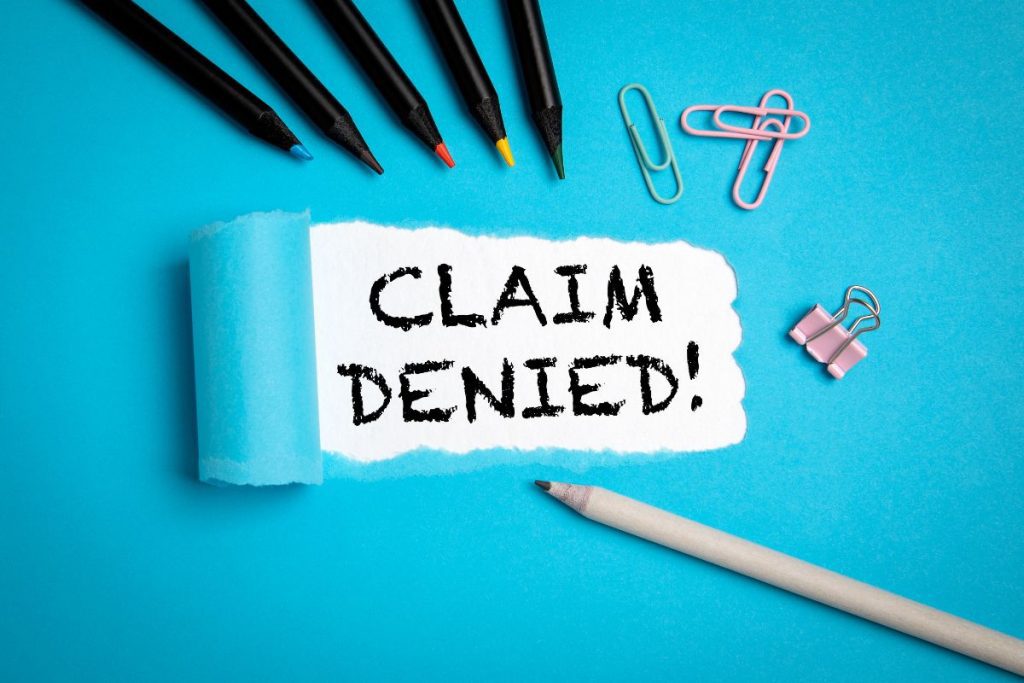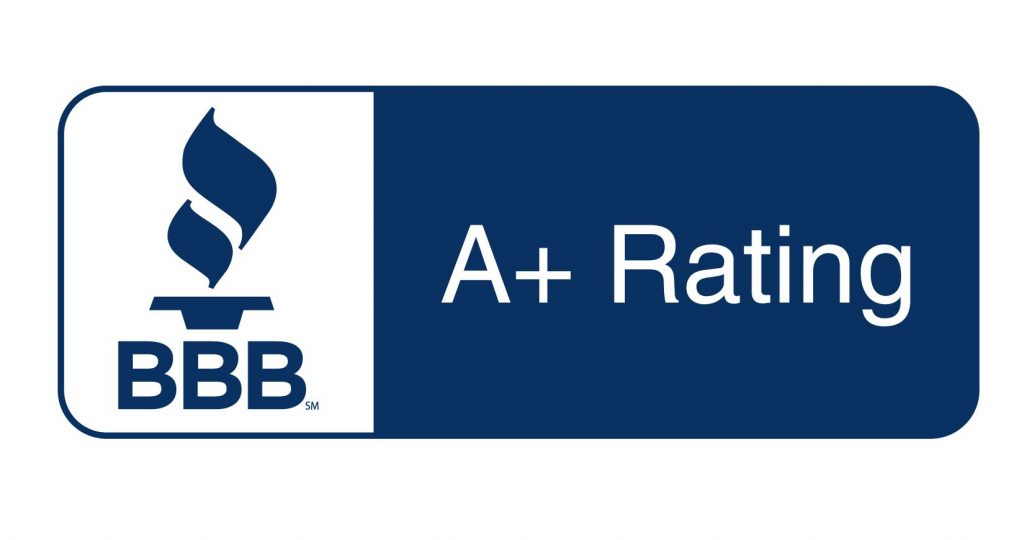The Medicare program processes millions of claims each year. The advisors at Carolina Senior Benefits help their clients deal with Medicare claims and billing problems, which alleviates much of the burden from the people we serve.
Yes, Medicare does deny some claims. The federal program has billing rules and requirements, and it can be hard to know what’s right and wrong – even for the employees who work there! Sometimes, this confusion can result in an accidental denial, and other times the denial is accurate.
Knowing why Medicare could deny a claim will help give you a better chance of avoiding the problem altogether.
Medicare might deny a claim when there is:
- A coding mistake
- A Coordination of Benefits (COB) problem
- No proof of medical necessity
- A non-covered service on the claim
Let’s talk about each of these common denial reasons in more detail.

Coding Mistakes
Medicare employs the Healthcare Common Procedure Coding System (HCPCS) as a means to categorize every medical procedure. If any inconsistencies in the HCPCS codes are identified in the submission from a healthcare provider’s billing team, this might result in the denial of the claim by Medicare. A common service that often encounters such coding discrepancies is the “Welcome to Medicare” preventative visit.
This service, structured as a preventative measure, is entirely covered by Medicare within the initial 12 months of a beneficiary’s enrollment in Part B. However, if the code entered implies a regular consultation instead of a wellness check, Medicare might not fully pay for the service, leaving you with unexpected charges. Such a circumstance is categorized as a procedural code inconsistency.
Inaccuracies linked to diagnostic codes can also lead to the refusal of a claim. Medicare may only authorize specific treatments or services contingent on the diagnosis of the patient. When the medical procedure is coded accurately but the correlating diagnostic data is either incorrect or absent, Medicare may refuse to pay the claim. The issue of incorrect or omitted diagnostic codes is a prevalent form of coding mistake.
Coordination of Benefits Problems
The Coordination of Benefits (COB) section of Medicare plays an important role in managing claims when beneficiaries have supplementary insurance, possibly from an employer. This sector formulates the payment order, deciding which insurance functions as the principal payer and which one is supplementary. For instance, when a person is insured by both Medicare and a large employer’s insurance, the latter is prioritized as the principal payer, leaving Medicare as the supplementary one. This order influences the way in which claims are resolved.
It is helpful for employers to relay to Medicare when a beneficiary opts to terminate the employer’s insurance in favor of making Medicare their principal coverage. When they do that, Medicare modifies their records to denote this shift in principal payment obligation. However, situations often come up when employers fail to report this modification or communicate the information inaccurately.
These omissions result in complications related to COB, typically observable when a retiree, who is now predominantly under Medicare, seeks medical services. If the records of Medicare continue to show it as a supplementary payer, the claim may be denied. Given the frequency of such miscommunications, Medicare has instituted a specialized line to address and resolve COB inconsistencies.
No Proof of Medical Necessity
Medicare is meticulous in ensuring that it only covers services or diagnostic exams deemed crucial for managing a disease or medical situation. Physicians often undertake numerous tests in a somewhat investigative fashion without a clear, predetermined necessity. To mitigate this, Medicare requires healthcare providers to substantiate the medical necessity for every service or procedure provided to beneficiaries.
On the other hand, medical practitioners, relying on their expert discernment, may perform procedures they deem beneficial to the patient. Conflicts can occur when Medicare reviews these claims and discerns an absence of necessary medical need, resulting in claim refusal. A commonly disputed procedure in such instances is blood work.
Healthcare providers, influenced by their experience with non-Medicare insurance entities, often assume that standard blood tests will be covered. This assumption may result in misunderstandings with Medicare beneficiaries, as Medicare generally insists on a distinct and legitimate basis for conducting blood work. If this reasoning isn’t conveyed to Medicare, the probability of claim rejection increases.
Further, blood tests performed during the “Welcome to Medicare” visit do not receive Medicare coverage. Occasionally, physicians may accidentally ignore this condition and prescribe such tests during the initial assessment. These diagnostic blood tests are usually processed as regular claims, rendering beneficiaries liable for 20% of the costs unless they have additional insurance like a Medigap plan.
Non-Covered Services on the Claim
Some services fall beyond the scope of what is covered by Medicare. Routine dental examinations, hearing assessments, and vision screenings are typical examples of such excluded services. Medicare does not provide coverage for these as a standard, but exceptions are made when these services are imperative for tackling a particular medical issue. For instance, Medicare might approve a dental exam if it is a mandatory prerequisite for an upcoming organ transplant.
Given the restricted nature of Medicare’s coverage for these services, it is recommended that beneficiaries explore supplementary dental, vision, and hearing (DVH) insurance policies. At Carolina Senior Benefits, we offer a specialized DVH plan to alleviate this problem. There are also many Medicare Advantage plans that have dental, hearing, and vision benefits as part of their coverage.
Advanced Beneficiary Notice of Non-Coverage
When healthcare practitioners recommend a service that doesn’t fall under Medicare’s coverage, they are required to give patients an Advanced Beneficiary Notice of Non-Coverage (ABN). This notice acts as an official alert, indicating the probability that Medicare may not approve the proposed service. The ABN states that, in cases where Medicare denies the claim, the patient understands and consents to pay all expenses for the unapproved service.
If you receive an ABN, you can either accept the notice and go ahead with the service or refrain from signing and deny the service. The issuance of an ABN is not an absolute indication that Medicare will reject the claim. Instead, it informs you of the potential risk of non-coverage. Providers do not have an obligation to issue an ABN for procedures categorically not covered by Medicare, like elective cosmetic procedures.





